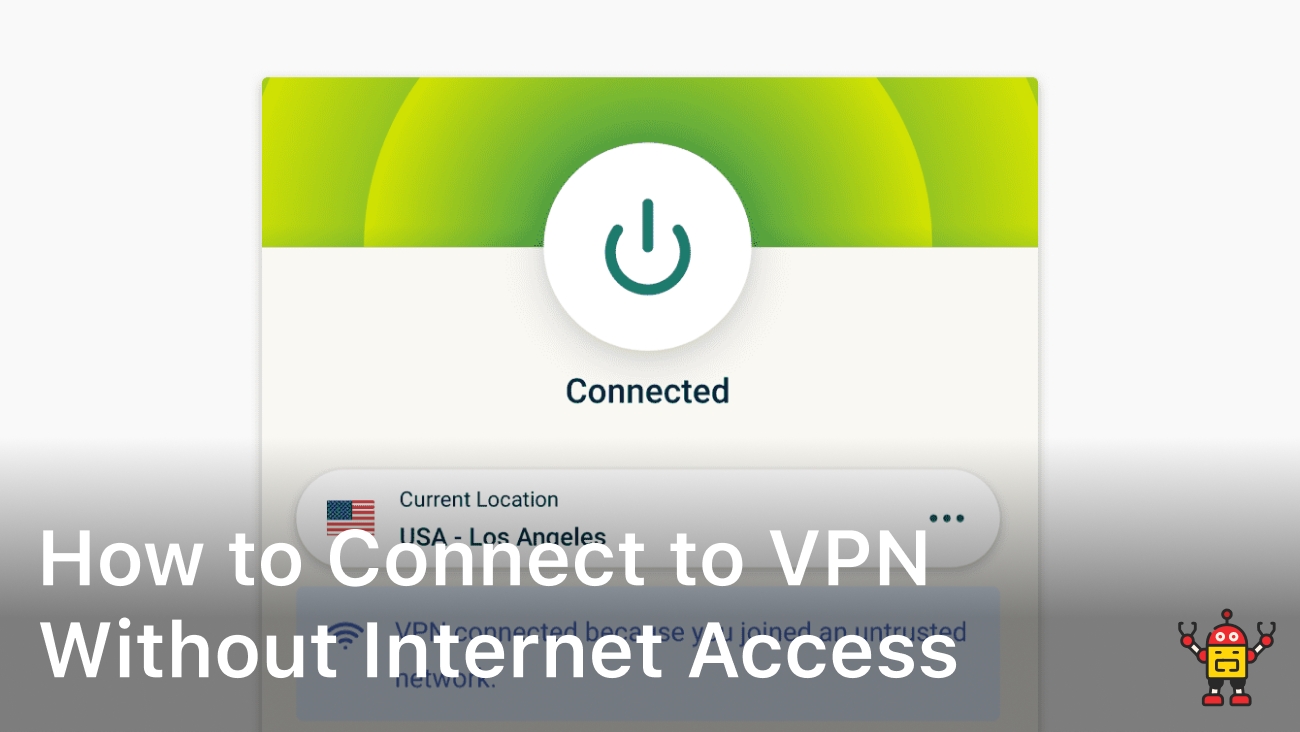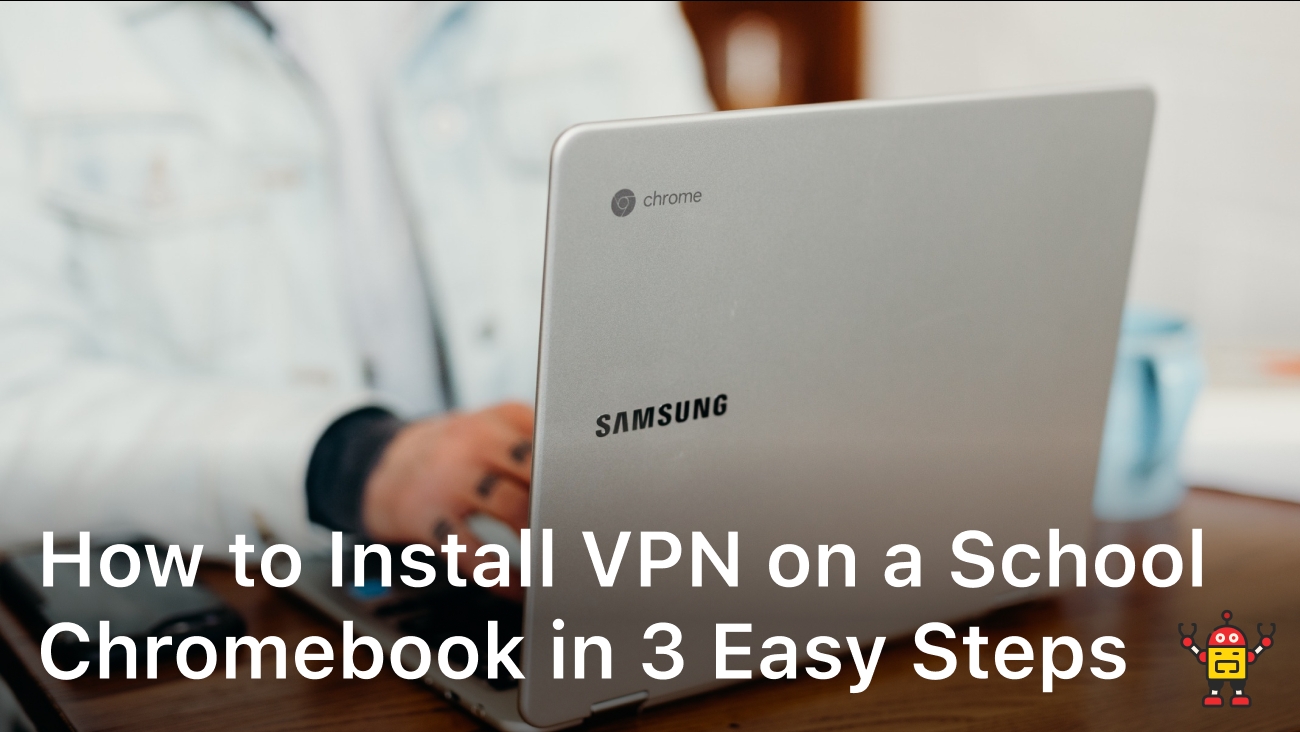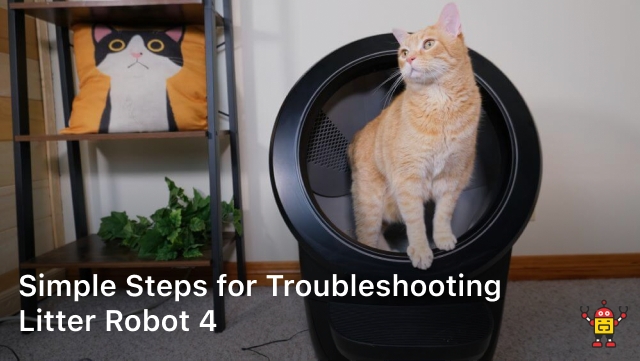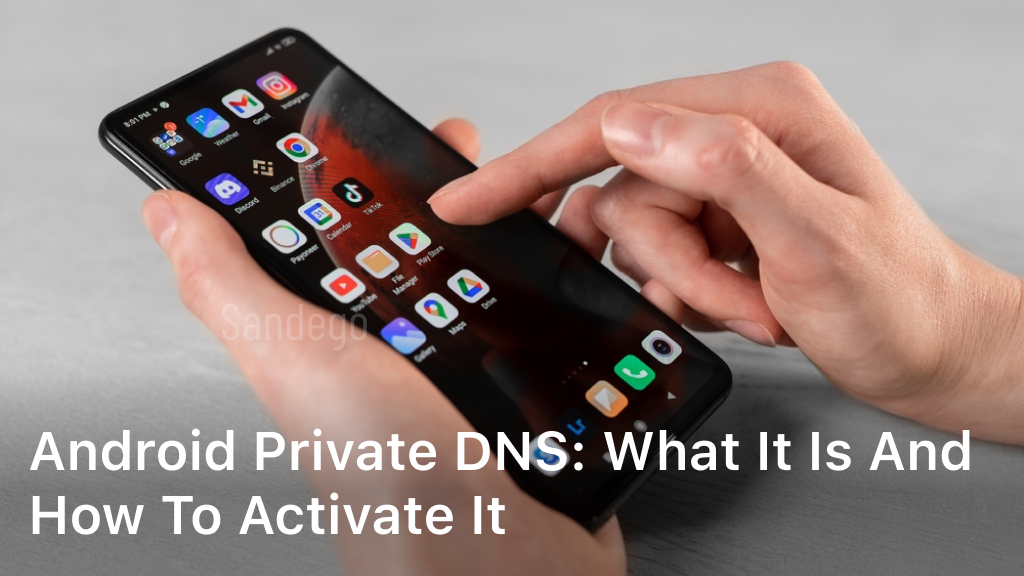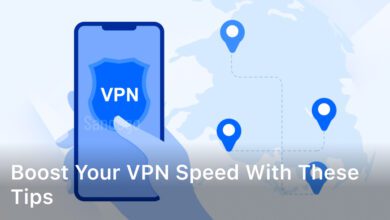Well, isn’t this ironic.
An article about connecting to a virtual private network without internet access.
I suppose next I’ll be asked to provide instructions for starting a fire without matches or a lighter.
Admittedly, it does sound rather counterintuitive to connect to a network without a network connection.
However, dear reader, do not lose hope.
Where there’s a will, there’s a way.
And if that will is backed by a stubborn refusal to admit defeat in the face of logic and reason, all the better.
Through a combination of digital trickery, Wi-Fi wizardry, and sheer force of will, you too can pull a VPN connection out of thin air like a techno-magician pulling a rabbit from their hat.
Follow me down this rabbit hole, and I’ll show you how it’s done.
Set Up Your VPN Before Losing Internet Access
The key to accessing your VPN without an internet connection is preparation.
You have to do the work ahead of time, or you’ll be stuck disconnecting in the dark.
First, install your VPN software on all your devices before the internet goes kaput.
Most VPN services offer apps for Windows, Mac, Android and iOS.
Download them all since you never know what device you might have with you during an outage.
Next, set up your VPN account and connection details when you still have access.
Choose a server location, get your login info, and save your password somewhere offline like a notebook.
Write down the server name or IP address too, just in case the VPN company’s website goes down with the rest of the internet.
Then, enable the “Connect on Demand” or “Auto-connect” feature if your VPN offers one.
That way, as soon as your device connects to any network, the VPN should start up automatically.
One less thing to remember when you’re panicking in the dark!
Finally, test to make sure your VPN actually works offline.
Disconnect your internet and see if you can sign in and access your VPN.
Try connecting to a few different server locations to ensure you have options in an emergency.
If it doesn’t work, you’ll need to troubleshoot with your VPN’s customer support before the internet disappears!
With some upfront effort, you’ll be all set to VPN your way through the next internet outage.
And you can feel smugly satisfied that while everyone else is disconnected in the dark, your VPN has your back.
Use a VPN App That Doesn’t Require an Internet Connection
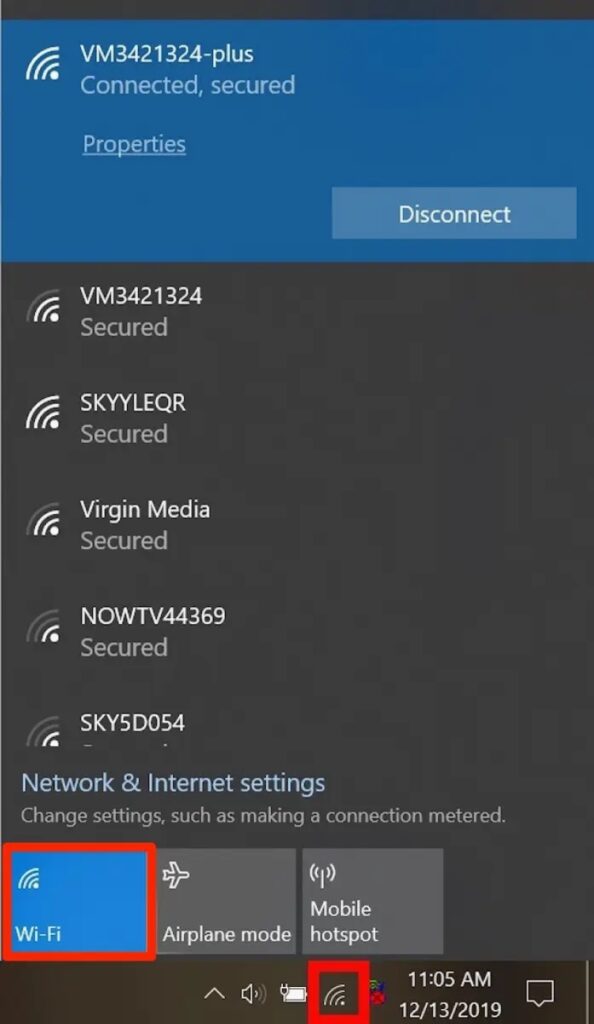
Call me paranoid, but I like to be prepared for any scenario even the unlikely ones.
Take losing internet access, for example.
While the odds of my Wi-Fi going down are slim, if it did happen, how would I connect to my VPN?
I’m not about to get caught with my digital pants down.
Turns out, some VPN apps allow you to connect even without an internet connection.
One option is to use a VPN that offers static IP addresses.
These dedicated IP addresses remain the same each time you connect, so your VPN provider can configure your account to automatically connect to specific servers when you launch the app.
All you have to do is open the app, and you’ll be connected to your VPN.
Another approach is to use an app with VPN profiles that can be configured to automatically connect to a specific VPN server each time the app is launched.
The profile handles the connection details so you don’t have to choose a server manually.
All you do is open the app, and you’re securely connected.
Some VPN services also offer connection scripts you can download to automatically connect to your VPN.
The scripts contain the necessary credentials and server information to establish a connection.
You just run the script, and you’ll be connected to your VPN, no internet required.
While internet-free VPN connections may seem like an edge case, they provide peace of mind that you can access a VPN even in unlikely scenarios where you have no connectivity.
For the ultra-paranoid (or those frequently off the grid), VPN apps and services with these features are must-haves.
Staying secure is worth a little extra effort, don’t you think?
Connect to a VPN via USB Using a Dedicated Dongle
So you want to connect to your company’s virtual private network (VPN) but don’t have an internet connection?
No worries, with the right dedicated USB dongle, you’ll be remotely accessing files in no time.
The Dongle is Key
The dedicated VPN dongle, also called a VPN key or token, is a special little device provided by your company’s IT department that lets you securely log into the VPN without an internet connection.
It’s essentially a physical key that unlocks the door to the VPN for you.
To connect, plug the dongle into a USB port on your laptop.
A window should pop up asking for your VPN login credentials.
Enter your username, password, authentication code or whatever else your company requires.
If all goes well, the dongle will authenticate your login and connect you directly to the company network.
The VPN software on your laptop handles the connection, allowing you to access files, email and intranet sites as if you were in the office.
The dongle contains special authentication certificates and keys that verify your identity to the VPN.
It’s a much more secure option than a standard password login.
Of course, don’t lose the dongle or you’ll be locked out until you get a replacement!
IT likely has spares on hand but probably charges a fee for lost dongles to encourage employees to keep better track of them.
While connected, you have full access as if on the company’s internal network.
The dongle creates an encrypted tunnel between your laptop and the VPN so you can work securely on the go.
Just don’t forget to log out of the VPN and remove the dongle when you’re done or your laptop will remain accessible to anyone who gets hold of it!
The dedicated VPN dongle offers a simple way to connect to your company’s virtual private network when an internet connection isn’t available.
With the dongle and your login credentials in hand, you’ll have on-the-go access to the resources you need.
Use Your Smartphone’s Mobile Data to Connect the VPN
Have you ever found yourself without Wi-Fi or Ethernet access but needing to connect to your company’s VPN?
As someone who travels frequently for work, I’ve been in this frustrating scenario more times than I care to admit.
Luckily, there’s a simple solution—use your smartphone’s mobile data to connect the VPN.
Turn on Your Phone’s Hotspot
Enable the mobile hotspot or tethering option on your phone to turn it into a miniature wireless router.
This will allow your work laptop to access the internet through your phone’s cellular data connectivity.
Be warned that mobile hotspots can drain your phone’s battery quickly, so you may want to plug it in to charge as you work.
Connect Your Laptop to the Hotspot
On your laptop, join the Wi-Fi network that matches your phone’s hotspot name.
Enter the hotspot password if prompted.
Your laptop is now online through your phone and ready to connect to the VPN.
Launch the VPN App and Sign In
Open your company’s VPN app on your laptop as usual.
Enter your sign-in credentials and connect to the VPN server.
The VPN will now tunnel through your phone’s mobile data connectivity, giving you access to company resources as if you were on a standard Wi-Fi or Ethernet network.
Limit Data Usage If Needed
Most mobile data plans today come with plenty of gigabytes to spare for tasks like connecting a VPN.
But if you’re on an older plan with limited data, be mindful of how much data the VPN uses.
You may need to avoid streaming video, downloading large files, and other bandwidth-intensive activities while connected to the VPN over mobile data.
Using your smartphone as an impromptu Wi-Fi hotspot isn’t the most elegant solution, but in a pinch it can be a real lifesaver when you need VPN access on the go.
It’s a handy trick I’ve used to stay connected and productive even when traditional internet options aren’t available.
Give it a shot next time you’re in a connectivity crunch!
FAQ
Can I Connect to VPN Without WiFi or Internet?
Can you connect to a VPN without WiFi or internet access? The short answer is yes, but the long answer is a bit more complicated. As an IT pro, I get this question all the time from users.
To connect to a VPN, you need some kind of network connectivity. WiFi and cellular data are the most common options, but you have other choices if those aren’t available. You can use an Ethernet cable to plug directly into your VPN router or gateway device. As long as you have power, a hardwired Ethernet connection will work to establish a VPN.
If you’re off the grid entirely with no WiFi, cellular signal or Ethernet, you’re not completely out of luck. Some VPN services offer dial-up modem support for analog phone lines. I know, I can’t believe dial-up internet is still a thing either, but in a pinch it will work to connect to your VPN. You’ll need a landline phone cord to plug in, and patience for sloooow connection speeds, but it does the job.
As for VPN devices themselves, many have built-in modems so they don’t require any internet connection to function. Business VPN routers often have modems, and some personal VPN services offer modem-equipped VPN routers you can purchase. As long as it has power, a modem-enabled VPN device can establish a connection over a phone line.
A final option is a dedicated VPN connection using private leased lines. Large organizations will sometimes pay for direct private links between offices and data centers. These leased line VPNs provide a permanent, unshared connection that doesn’t rely on the internet. Of course, this option is really only feasible for big companies with deep pockets.
So while a WiFi or broadband connection is typically needed for most casual VPN use, with a little extra hardware and patience, connecting to a VPN without internet access is absolutely possible. Where there’s a will and a phone cord, there’s a way.

